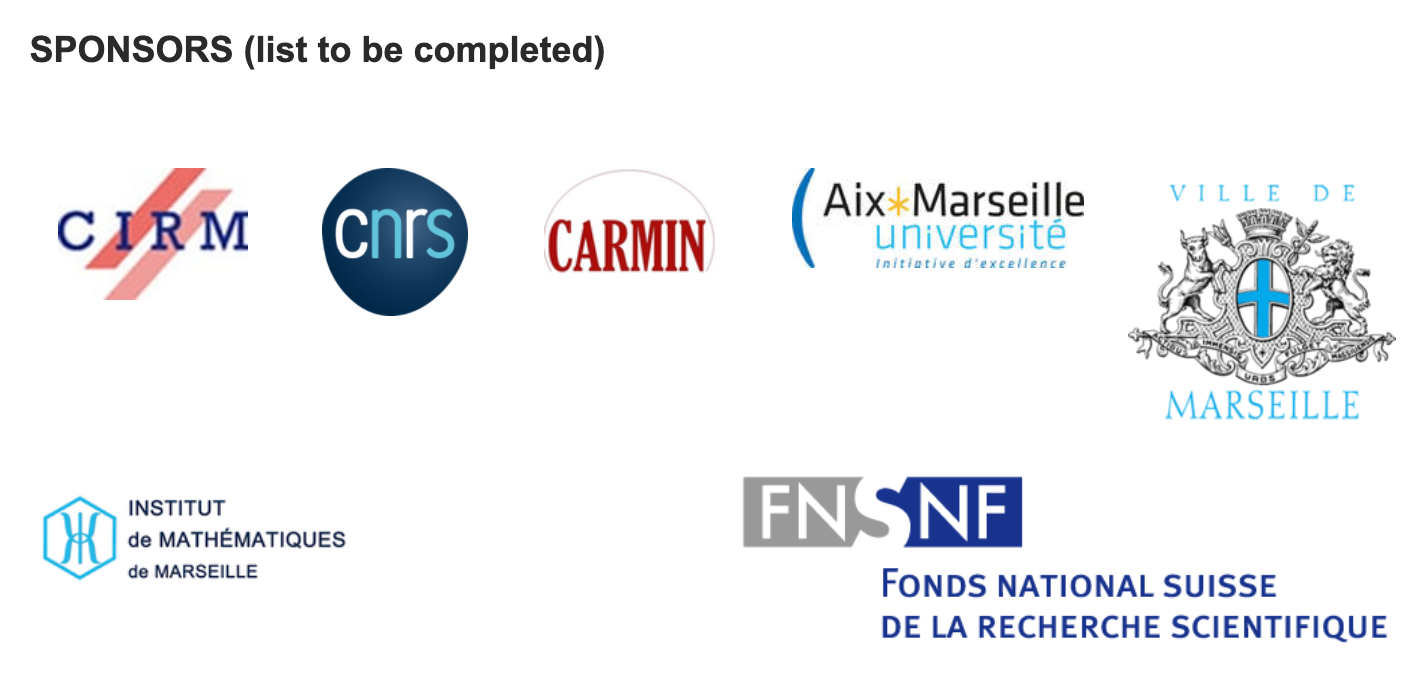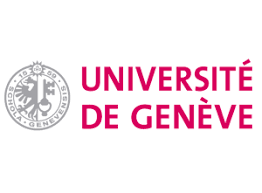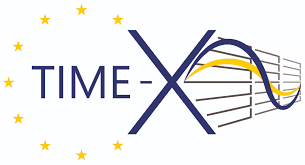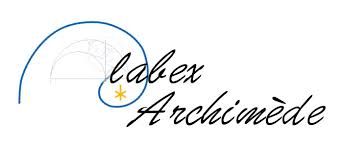|
01 April 2022 : deadline for abstract proposal for contributed talks and poster
(join a pdf file in the preinscription process) IMPORTANT WARNING: Scam / Phishing / SMiShing ! Note that ill-intentioned people may be trying to contact some of participants by email or phone to get money and personal details, by pretending to be part of the staff of our conference center (CIRM). CIRM and the organizers will NEVER contact you by phone on this issue and will NEVER ask you to pay for accommodation/ board / possible registration fee in advance. Any due payment will be taken onsite at CIRM during your stay.
|
|
DESCRIPTION
Time parallel time integration methods have received important interest over the last decade because of the advent of massively parallel computers, which is mainly due to the clock speed limit reached on today’s processors. When solving time-dependent partial differential equations, the time direction is usually not used for parallelization. But when parallelization in space saturates, the time direction offers itself as a further direction for parallelization.
The time direction is however special, and for evolution problems there is a causality principle: the solution later in time is affected (it is even determined) by the solution earlier in time, but not the other way round. Algorithms trying to use the time direction for parallelization must therefore be special, and take this very different property of the time dimension into account. This conference at CIRM will be the 11th of the annual PinT conference series (parallel-in-time.org), which has attracted more and more participants since the first small workshop in Lugano in 2011, where there were only four plenary lectures, and a poster session. There are currently four main research directions for PinT methods:
PinT is still very rapidly evolving, with new ideas appearing all the time. Significant innovations are found in particular for new ParaDiag variants, time periodic preconditioning for non time periodic problems, time parallelization in optimal control problems, and tent pitching techniques for hyperbolic problems. The goal of the annual PinT conference is to gather worldwide experts in this exciting new field of research to exchange their newest ideas and also collaborate directly during the conference. |
SCIENTIFIC COMMITTEE
ORGANIZING COMMITTEE
PLENARY SPEAKERS
Matthias Bolten (University of Wuppertal)
Michael Minion (University of California) Olga Mula (Université Paris-Dauphine) Mayya Tokman (University of California) Andy Wathen (University of Oxford) Shu-Lin Wu (Northeast Normal University) |











